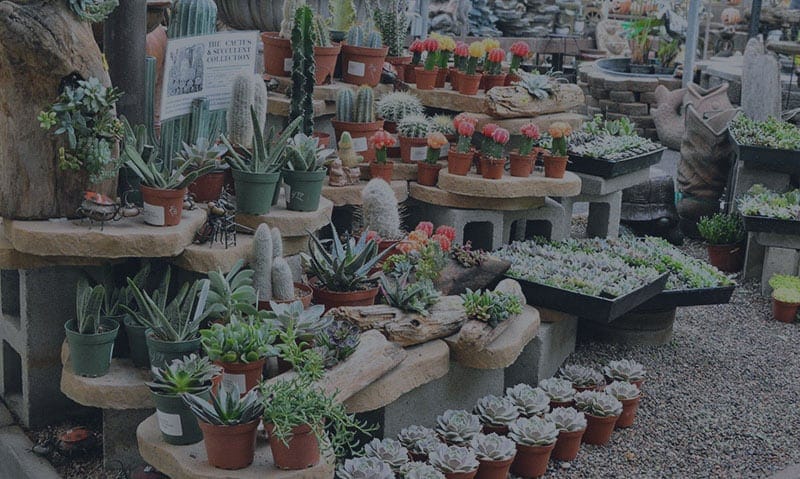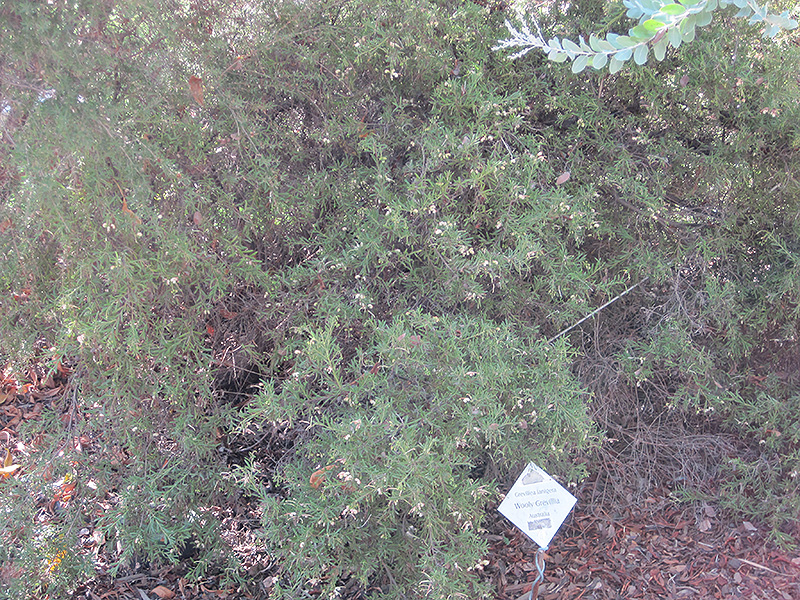Height: 3 feet
Spread: 4 feet
Sunlight:
![]()
Hardiness Zone: 8b
Description:
A hardy and adaptable species that will assume a prostrate or shrubby form; grows well in most well drained soils; it will also tolerate moderate to heavy frost; pink and white spidery flower clusters in spring; foliage may be sharp at the ends
Ornamental Features
Woolly Grevillea features delicate pink spider-like flowers with white overtones along the branches from late winter to early summer. It has attractive dark green evergreen foliage. The fuzzy narrow leaves are highly ornamental and remain dark green throughout the winter.
Landscape Attributes
Woolly Grevillea is an open multi-stemmed evergreen shrub with a ground-hugging habit of growth. Its average texture blends into the landscape, but can be balanced by one or two finer or coarser trees or shrubs for an effective composition.
This is a relatively low maintenance shrub, and should only be pruned after flowering to avoid removing any of the current season's flowers. It is a good choice for attracting birds and butterflies to your yard, but is not particularly attractive to deer who tend to leave it alone in favor of tastier treats. Gardeners should be aware of the following characteristic(s) that may warrant special consideration;
- Spiny
Woolly Grevillea is recommended for the following landscape applications;
- Mass Planting
- Rock/Alpine Gardens
- General Garden Use
Planting & Growing
Woolly Grevillea will grow to be about 3 feet tall at maturity, with a spread of 4 feet. It tends to fill out right to the ground and therefore doesn't necessarily require facer plants in front. It grows at a slow rate, and under ideal conditions can be expected to live for approximately 20 years.
This shrub should only be grown in full sunlight. It does best in average to evenly moist conditions, but will not tolerate standing water. It may require supplemental watering during periods of drought or extended heat. It is not particular as to soil type or pH. It is somewhat tolerant of urban pollution. Consider applying a thick mulch around the root zone in winter to protect it in exposed locations or colder microclimates. This species is not originally from North America.


